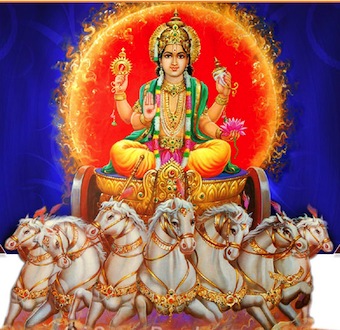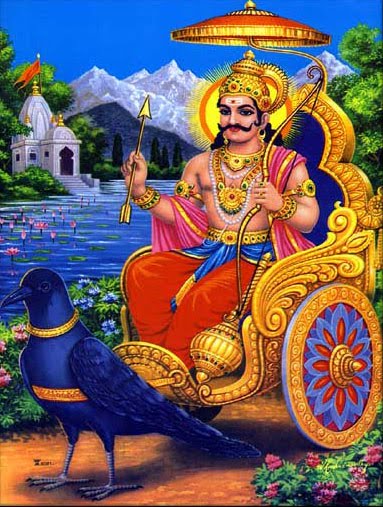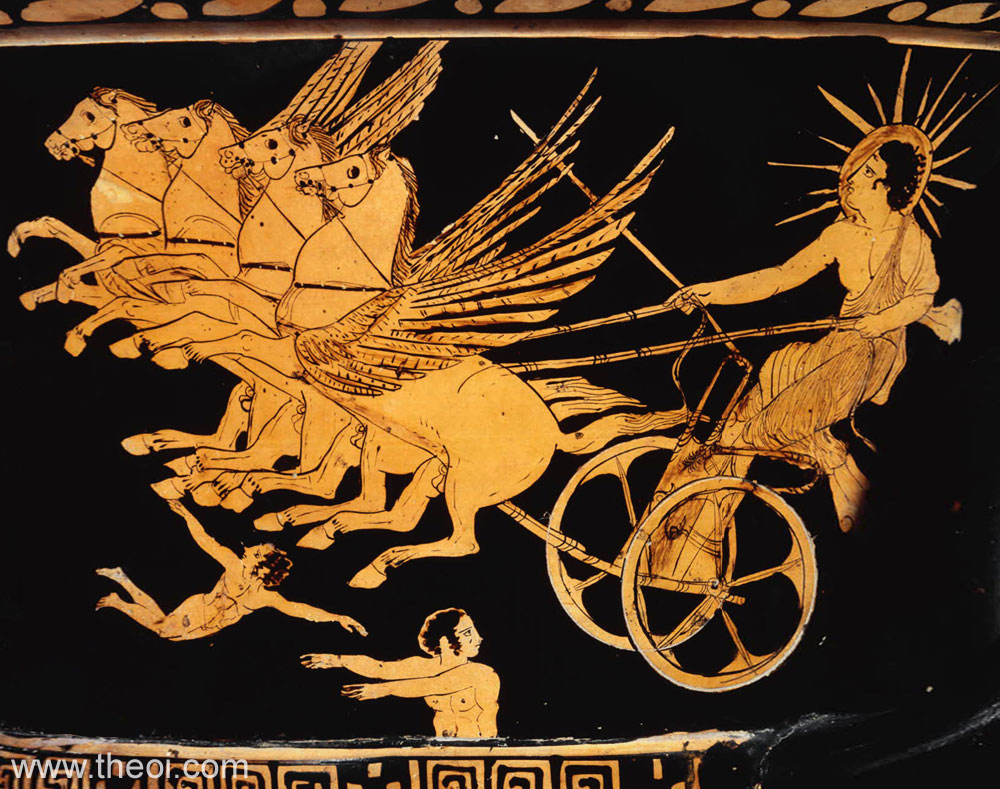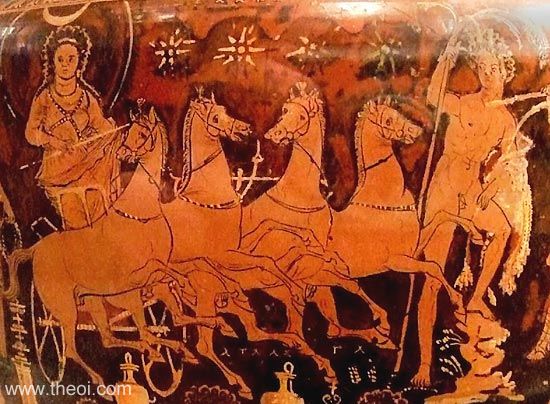Why chariot is mentioned in Veda , and so often?
Rigveda
[1]
[01-030] HYMN XXX. Indra.
1 WE seeking strength with Soma-drops fill full your Indra like a well, Most liberal, Lord of Hundred Powers, 2 Who lets a hundred of the pure, a thousand of the milk-blent draughts Flow, even as down a depth, to him; 3 When for the strong, the rapturous joy he in this manner hath made room Within his belly, like the sea. 4 This is thine own. Thou drawest near, as turns a pigeon to his mate: Thou carest too for this our prayer. 5 O Hero, Lord of Bounties, praised in hymns, may power and joyfulness Be his who sings the laud to thee. 6 Lord of a Hundred Powers, stand up to lend us
succour in this fight In others too let us agree. 7 In every need, in every fray we call as friends
to succour us Indra the mightiest of all. 8 If he will hear us let him come with
succour of a thousand kinds, And all that strengthens, to our call. 9 I call him mighty to resist, the Hero of
our ancient home, Thee whom my sire invoked of old. 10 We pray to thee, O much-invoked, rich in all prccious gifts, O Friend, Kind God to those who sing thy praise. 11 O Soma-drinker,
Thunder-armed, Friend of our lovely-featured dames And of our Soma-drinking friends. 12 Thus, Soma-drinker, may it be; thus, Friend, who wieldest thunder, act To aid each wish as we desire. 13 With Indra splendid feasts be ours, rich in all strengthening things wherewith, <18>Wealthy in food, we may rejoice. 14 Like thee, thyself, the singers' Friend, thou movest, as it were, besought, Bold One, the axle of the car. 15 That, Satakratu, thou to grace and please thy praisers, as it were, Stirrest the axle with thy strength. 16 With champing, neighing
loudly-snorting horses Indra hath ever
won himself great treasures A car of gold hath he whose deeds are wondrous received from us, and let us too receive it. 17 Come, Asvins, with enduring strength wealthy in horses and in kine, And gold, O ye of wondrous deeds. 18 Your
chariot yoked for both alike, immortal, ye of mighty acts, Travels, O Aivins, in the sea. 19 High on the forehead of the Bull one chariot wheel ye ever keep, The other round the sky revolves. 20 What mortal, O immortal Dawn, enjoyeth thee? Where lovest thou? To whom, O radiant, dost thou go? 21 For we have had thee in our thoughts whether anear or far away, Red-hued and like a dappled mare. 22 Hither, O Daughter of the Sky, come thou with these thy strengthenings, And send thou riches down to us.
http://www.sanskritweb.net/rigveda/griffith.pdf
- Which one is the ancient home mentioned in the above chapter and which one is the current one as per Veda?
- Help is sought in the fight so the chariot mentioned is warlike not a peaceful one. Right? Please
Regards




